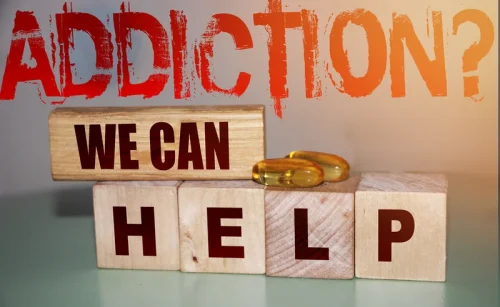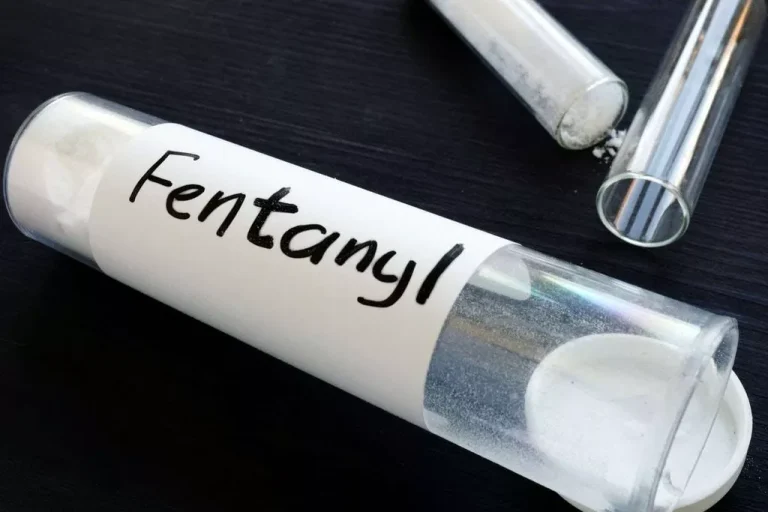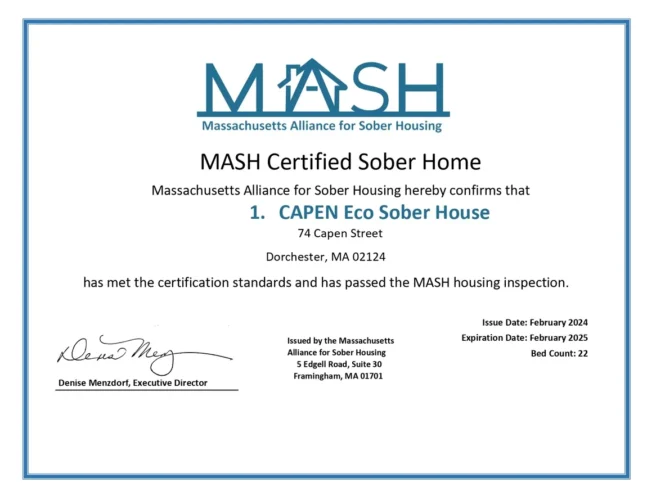
Clinically, Warren has developed a therapeutic skillset that utilizes a strengths-based perspective, Twelve Step philosophies, Cognitive Behavioral Therapy and Motivational Interviewing. Awareness of potential triggers and reaching out to your support system when needed can help overcome the challenges posed by reminders of past use. By staying vigilant and seeking help when necessary, you can continue your recovery journey and avoid the pitfalls of relapse. Proactively avoiding high-risk situations and staying away from reminders of past substance use is key to minimizing the risk of relapse due to exposure to substances.

Exposure to Substances
By being aware of your triggers and taking conscious actions to limit your exposure, you can stay on the path of recovery. By understanding the impact of social pressure on relapse and proactively creating a supportive network, you can ensure success in types of relapse triggers recovery. Here are the top 10 common relapse triggers you might encounter during your recovery journey. Understanding these triggers can help you stay motivated and on track with your recovery goals, ultimately leading to a healthier, happier life.

What is Relapse Prevention?
- Doing so will provide a baseline that helps reduce reactivity to triggers.
- Take the time to figure out what works best for you as part of your personal recovery journey.
- Self-care helps minimize stress—important because the experience of stress often encourages those in recovery to glamorize past substance use and think about it longingly.
Post-acute withdrawal begins shortly after the acute phase of withdrawal and is a common cause of relapse [17]. Unlike acute withdrawal, which has mostly physical symptoms, post-acute withdrawal syndrome (PAWS) has mostly psychological and emotional symptoms. Its symptoms also tend to be similar for most addictions, unlike acute withdrawal, which tends to have specific symptoms for each addiction [1]. Substance abuse relapse occurs when a person who has attempted to stop using a substance begins to use it again.
Family Function and Relapse
- Often a place may trigger a memory of an event, or smelling something, such as a particular cologne, may trigger your memory of a loved relative.
- One way to prevent stress from triggering you is to evaluate your stress levels.
- This self-awareness helps cultivate resilience and enhance overall well-being.
- Some people experience a whirlwind of emotions when seeing old friends and loved ones, which can trigger the desire to have a drink.
- It is crucial to identify the signs of mental relapse, such as romanticizing past substance use, lying, and associating with old using friends.
A relapse prevention plan is an essential tool in sustaining sobriety and avoiding setbacks in the recovery journey. Creating and adhering to a personalized relapse prevention plan can help in reducing the risk of reverting to substance use. Developing healthy coping mechanisms is the key to effectively managing stress and anxiety. Mindfulness, exercise, and talking to a therapist or support group are all great ways to help manage stress in a healthy way.
Learn to Recognize Your Personal Relapse Triggers at Discovery
Thinking about the full scenario after romanticizing substance abuse can also help. When a person in recovery is romanticizing their past use of a drug, they are often simply thinking of the early stages – the consumption of the drug. It can be helpful for an individual to continue to “play the tape through” and think about everything else that accompanies using, specifically all the consequences that come along with it. This can help an individual remember why they sought recovery in the first place.
- This is a group of people that includes family, doctors, counselors, self-help groups, and sponsors.
- Recovering individuals tend to see setbacks as failures because they are unusually hard on themselves [9].
- When people enter a substance abuse program, I often hear them say, “I want to never have to think about using again.” It can be frightening when they discover that they still have occasional cravings.
- Long-term drug use creates an association in the brain between daily routines and drug experiences.
- When you become addicted to a substance, your brain functions change, making it challenging to overcome your condition.
- There is one benefit of self-help groups that deserves special attention.
- Mental relapse involves a struggle within the mind, with thoughts of using, craving for drugs or alcohol, and planning a relapse.
Recognizing Emotional Relapse

It forces people to reevaluate their lives and make changes that non-addicts don’t have to make. 5) People think that they have a better understanding of drugs and alcohol and, therefore, think they should https://ecosoberhouse.com/ be able to control a relapse or avoid the negative consequences. Probably the most important thing to understand about post-acute withdrawal is its prolonged duration, which can last up to 2 years [1,20].

Risk Factors for Relapse
